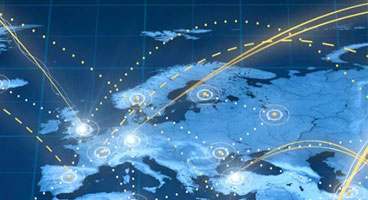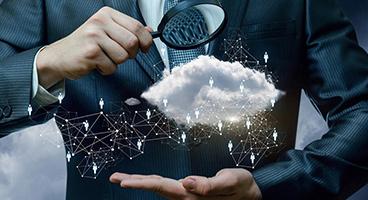In this article you will read about,
- what constitutes sovereignty in IT,
- how the Open Telekom Cloud meets sovereignty requirements and
- how the Open Telekom Cloud permanently ensures a high level of security.
Sovereignty in information technology is a buzzword that has been experiencing a renaissance for some time. Aspects of sovereignty play an important role for initiatives such as Gaia-X or Catena-X. Last but not least, the topic also has a strong political component. European companies that want to position themselves for the digital future are increasingly incorporating sovereignty aspects into their decision-making. They are looking for long-term planning security and maximum independence.



